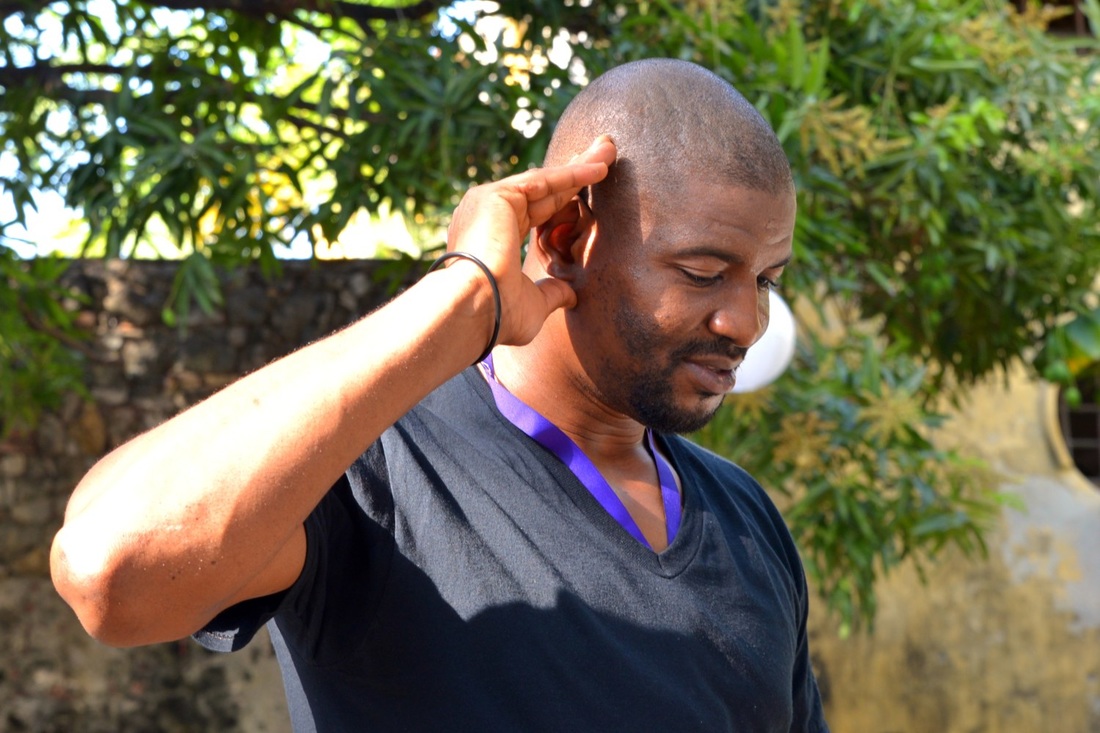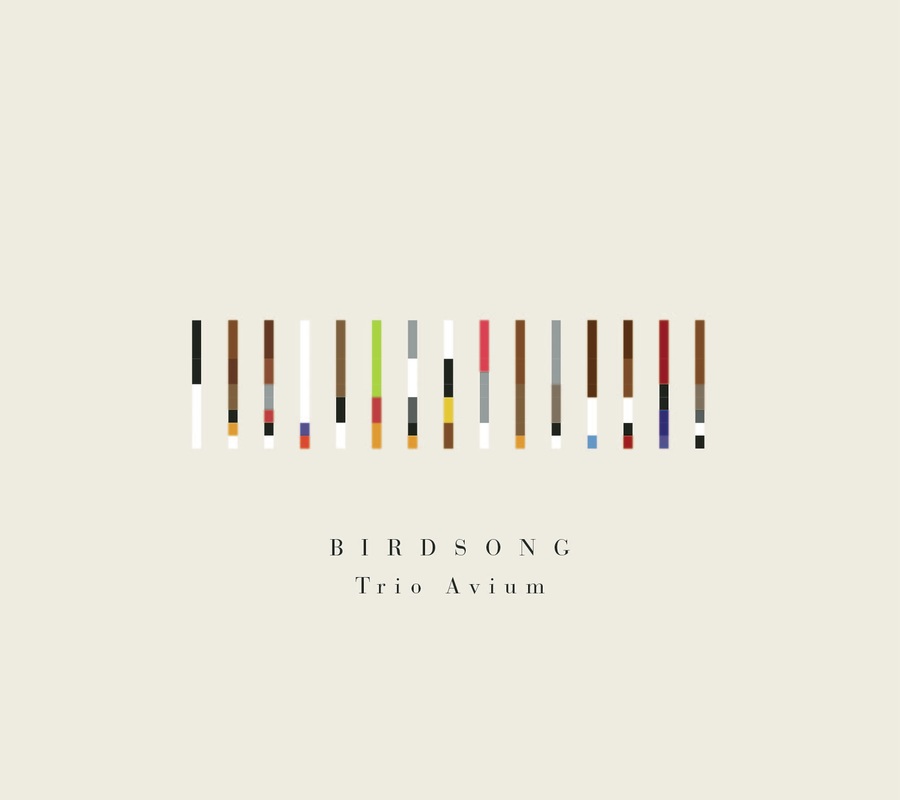|
You are invited to participate in World Listening Day 2016, an annual global event held on July 18.
The purposes of World Listening Day are to:
World Listening Day 2016’s theme, “Sounds Lost and Found,” calls on reminiscing, listening and observing what changes in our soundscapes have occurred in recent decades—be it language, nature, technology, music or even silence itself. For “Sounds Lost and Found,” we invite you to dig into crates of vinyl and cassettes, dive into digital archives, and engage deeply with memories and unheard languages to rediscover or identify these “lost sounds.” In doing so, “Sounds Lost and Found” hopes to spotlight the need for effective and accessible conservatory efforts to be implemented to preserve some of these sounds—whether those efforts include archival projects, changing our daily practices or supporting the preservation of indigenous languages and engaging with the keepers of and archiving fading oral traditions where that seems impossible. We can protect and celebrate sounds whose vitality can be vulnerable and fragile. World Listening Project, Midwest Society for Acoustic Ecology and Biosphere Soundscapes invite you to participate in World Listening Day 2016 on Monday, July 18, and through the week of July 16th-22nd. Some suggestions on how you can participate and organize include:
Our planet continues to change due to human involvement and interventions. People evolve. Cities morph. Technologies advance. We can hear the planet changing. Our soundscapes reflect evolution; whether created by humans, machines or nature the shifting presence and absence of sounds is affected by human activity in natural and industrial worlds. Cities’ sonic identities are continually fluctuating as residential and commercial infrastructures develop. The resultant social dynamics of industrialization and gentrification sponsor variegated relationships between people and the public and private places they occupy. Humans’ complex interactions with nature have encroached upon Earth’s autonomy and her anonymity. Phenomena such as pollution, deforestation and global warming are manifestations of natural processes; they are the aftershocks of industrial pursuits. Swaths of land have been decimated, dismantling animal ecosystems for human consumption and destruction. This reckless, shortsighted mode of interacting with non-human life has forced the retreat and extinction of many species, eliminating their sounds until there is silence. Technological advances over the past several centuries, particularly in recent decades, have been astronomical. Of late, machines and media become obsolete before we have even become proficient in using them. These advances have impacted the acoustics of commercial and residential spaces with newer versions of devices designed with quietness in mind Sounds produced by older models are noticeably more obtrusive. Most of these advancements can be seen as positive, though some sounds we were accustomed to or fond of have become less prevalent or been silenced in our relentless push toward progress ad infinitum. Some Questions of Inquiry
The theme for World Listening Day 2016 was developed by Nigerian sound artist Emeka Ogboh (@goslowlagos). Emeka is co-founder of the Video Art Network Lagos and works primarily with sound and video to explore ways of understanding cities as cosmopolitan spaces with their unique characters.
1 Comment
Birdsong has inspired composers from medieval times to the present day. Led by internationally acclaimed sound artist and composer, Ros Bandt, this project brings together the sounds of local box ironbark birds together with European birdsongs from Couperin to Biber and from the troubadour Bornelh to Blavet.
Performed by Trio Avium, Birdsong will premiere at the 2015 Castlemaine State Festival with Ros Bandt (recorders, soundscapes), Vienna-based baroque violinist Cynthia O’Brien, and Ruth Wilkinson (recorders, viola da gamba). As a modern take on birdsong, this project includes the first recording of the well known and much played Flight, Ruth's Magpie Remix and Fratta, a new piece for Cynthia telling the story of how the baby kestrels abandoned in her house in Fratta were saved. Trio Avium plays on the finest baroque instruments including recorders from the nearby workshops of Fred Morgan and Jo-anne Saunders. Purchase Birdsong from the hearing places Catalogue. Ear to the Earth - Diffuse Season II - Thursday 31 May 6.30pm
In collaboration with Ear to the Earth and the Electronic Music Foundation, New York join us for an evening of sonic exploration, presenting exquisite spatial recordings from around the globe, exploring acoustic ecology, soundscape, and our changing sonic environment, including the CD launch of Ros Bandt & Leah Barclay – blue gold. Programme Hollis Taylor: Pied Butcherbird Song (field recordings) Garth Paine: Presence in the Landscape Ros Bandt: Tragoudia (soundscape with Tarhu & Habiouli) Leah Barclay: Narmada Valley Sketch * Jon Drummond: New Work * Ros Bandt & Leah Barclay: Rivers Talk * (* premiere) Post Concert: Ros Bandt & Leah Barclay – Blue Gold/Rivers Talk CD Launch @ Bon Marche Studio 755 Harris Street, Ultimo University of Technology, Sydney UTS Broadway – Bon Marche Building CB03.01.05 Admission by donation at the door Enquiries: [email protected] hearing places is the experience of being fully alive in a place with all the senses but particularly the ear. Our bodies situate us physically in space and our radar GPS is constantly active. But the hearing places website is more than this. This site is a place for sound art which engages with place in all its forms: geographic, environmental, enigmatic, telematic, historiographic, electronic, imaginary, psychological, empty, indoor, outdoor, global, micro. cultural,forgotten, endangered.
|
Archives
November 2017
Categories
All
|


 RSS Feed
RSS Feed
